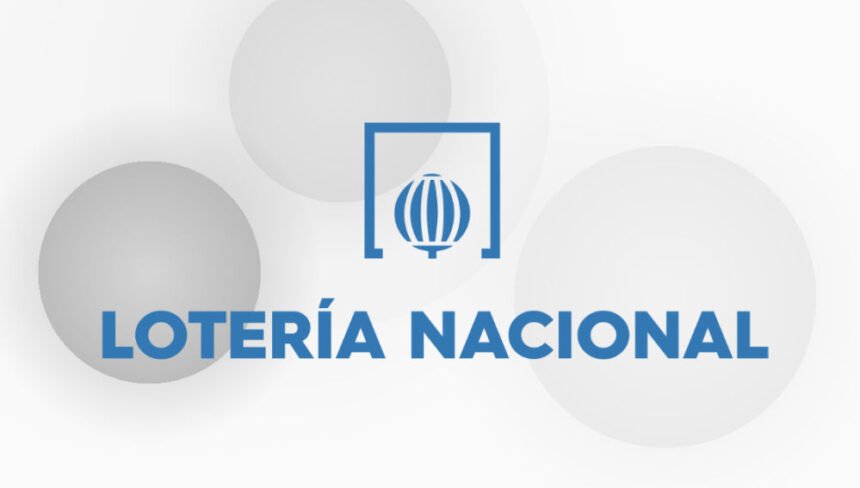Introduction
The Lotería Nacional, Spain’s most famous lottery, has captivated millions of participants for generations. This lottery, deeply embedded in Spanish culture, offers not just a chance to win large sums of money but also a sense of tradition and national pride.
The History of Lotería Nacional
Origins in the 18th Century
The Lotería Nacional was first introduced in 1812, during the reign of King Carlos III. Initially created to generate revenue for the state, it quickly became a popular pastime among Spaniards, with its first draw held on December 18, 1812.
Evolution Over the Years
Over the years, the lottery has undergone numerous changes, from the types of games offered to the prize structures. The Lotería Nacional has continuously adapted to modern times while preserving its historical essence.
How Lotería Nacional Works
Understanding the Draws
The Lotería Nacional operates through a series of draws that occur weekly, bi-weekly, and during special occasions. The most famous of these is the Christmas draw, known as El Gordo, which offers some of the largest prize pools in the world.
Ticket Structure and Pricing
A ticket, known as a billete, is divided into ten décimos, each representing a fraction of the total ticket. Participants can buy a full ticket or just a décimo, depending on their budget and preference. The price of a décimo varies depending on the draw but typically ranges from €10 to €20.
Prize Distribution
One of the unique aspects of the Lotería is its generous prize distribution. Unlike many other lotteries, which focus on large jackpots for a few winners, the spreads its wealth among many participants. This creates a broader base of winners and increases the overall excitement.
The Impact of Lotería Nacional on Spanish Culture
A National Tradition
The Lotería is more than just a lottery; it’s a cultural phenomenon. The annual Christmas draw, in particular, is a significant event in Spain, with families and friends gathering to watch the televised draw and share in the excitement.
Charitable Contributions
A portion of the proceeds from the Lotería Nacional is allocated to various charitable causes, including healthcare, education, and cultural preservation. This charitable aspect enhances the lottery’s appeal, allowing participants to feel they are contributing to the greater good.
Tips for Playing Lotería Nacional
Choosing the Right Draw
With several draws available, it’s essential to choose the one that best fits your goals. For those looking for the highest chances of winning, the Christmas draw is ideal, whereas weekly draws offer smaller, more frequent opportunities.
Joining a Lottery Syndicate
Many Spaniards participate in the Lotería through syndicates, where a group of people pool their resources to buy multiple tickets. This increases the chances of winning and allows participants to share the excitement with others.
Understanding the Odds
While the Lotería offers better odds than many other lotteries, it’s still crucial to understand the probabilities. Knowing the odds can help players make informed decisions about how much to invest in each draw.
Success Stories: Winners of Lotería
Life-Changing Wins
Over the years, there have been countless stories of people whose lives have been transformed by a winning ticket. From paying off debts to starting new businesses, the has provided a fresh start for many.
The Role of Luck and Strategy
While luck plays a significant role in winning, some winners attribute their success to specific strategies, such as consistently playing the same numbers or participating in multiple draws.

The Future of Lotería
Adapting to the Digital Age
The Lotería has embraced the digital era, offering online ticket purchases and even streaming the draws live. This has made the lottery more accessible to younger generations and those living outside Spain.
Potential Changes in Prize Structure
As the lottery continues to evolve, there is speculation about future changes to the prize structure to attract even more participants. These changes could include larger jackpots or new types of games.
Maintaining Tradition
Despite the changes, the Lotería remains committed to preserving its rich history and cultural significance. The lottery’s ability to balance tradition with innovation ensures its continued popularity for generations to come.
Conclusion
The Lotería is more than just a game of chance; it’s a cherished Spanish institution. With its deep roots in history, cultural significance, and ability to bring people together, the Lotería is a lottery like no other. Whether you’re a seasoned player or a newcomer, the Lotería Nacional offers an exciting and potentially life-changing experience.







